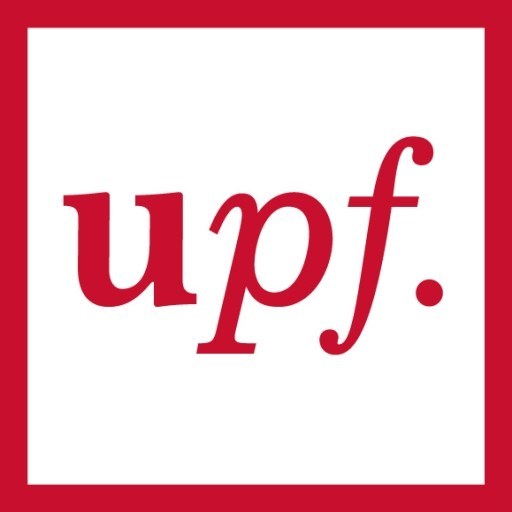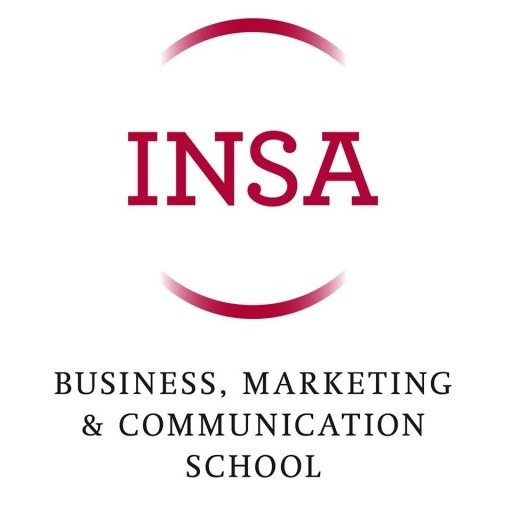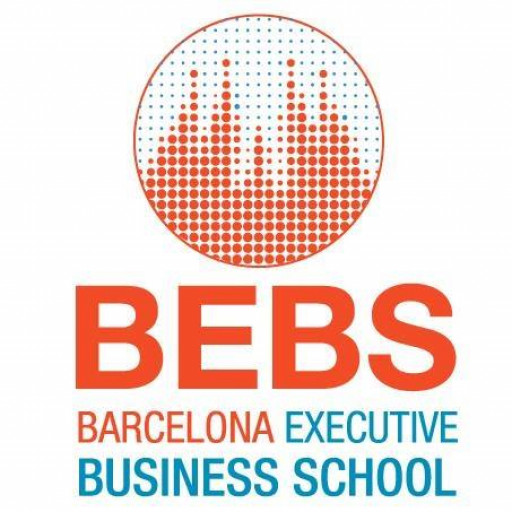Sound and Music Computing (SMC) is an interdisciplinary field that takes in the whole sound communication chain, from the creation and generation of sounds to their transmission and their perception. By combining scientific, technological and artistic methodologies and computational approaches, this academic area deals with the understanding, modelling and generation of sound and music. The basic academic subjects are related to music (composition, performance, musicology), physics (acoustics), engineering (signal processing, artificial intelligence, human-computer interaction, electronics) and psychology (psychoacoustics, experimental psychology, neurosciences). Current areas of application include musical instruments, music production, musical information retrieval, digital music libraries, interactive multimedia systems and auditory interfaces. The UPF Master's Degree in Sound and Music Computing focuses on the more technological aspects of this field.
This master's programme aims to train the professionals who will shape sound and music computing in the new information society. By bringing together practice and theory in a wide variety of subjects such as computational models, audio engineering, perception, cognition and interactive systems, the programme offers the necessary scientific and technological background to embark on a professional career. More specifically, this programme provides its students with a grounding in the most advanced technologies for the analysis, synthesis, transformation and production of sound and music, and also in the technologies and processes that support sound and musical creation.
A part from the specific competences acquired there are a number of transversal competences that are also developed in this master:
- Capacities of planning and execution of research/development plans
- Acquisition, management and transmission of methodological, technical and aesthetic knowledge
- Capacities to carry out team work in academic and industrial contexts
- Development of a critical view for taking technical, methodological, economical, aesthetic and deontological professional decisions.
- Communicative and creative abilities.
Students are required to take 40 credits in compulsory and optional subjects, and to complete a master's thesis, which is worth 20 credits. Through the thesis project, students are introduced to the field of research, and the thesis must make an original contribution to this field. Depending on the previous education and specific interests, the student might be required to take extra credits and extend the duration of the Master to two years, taking up to 60 of complementary credits from advanced undergraduate courses. The specific courses to take are decided between the tutor and the student in accordance with the student background and specialization desired.
Language
English (except for some of the complementary undergraduate courses which might be taught in spanish or catalan).
Core Courses (5 ECTS each)
- Audio Signal Processing for Music Applications: Covers signal processing methodologies and technologies specific for audio and music applications. Special emphasis is given to the use of spectral processing techniques for the description and transformation of sound and music signals. [web]
- Music Information Retrieval: This course provides a survey of the field of Music Information Retrieval (MIR), with a special emphasis on techniques for audio content description in terms of different facets (e.g. melody, harmony, rhythm, timbre), temporal scopes and abstraction levels. We also study methods for music context description and current work on user analysis and modeling, addressing the recent trend towards user-centric and adaptive approaches and systems. We also examine how various MIR approaches are evaluated and discuss about the major open challenges in the field. [web]
- Music Perception and Cognition: Goes over the principles, structures and functions that make possible humans to perceive and understand sound and music, presented from empirical and computational point of view. The psychophysics of the transduction, the neural encoding of the acoustic input, the perceptual organization of audio streams, musical memory, melodic, rhythmic and tonal cognition, emotion and music, and the development and learning of musical capabilities. [web]
- Real-time Interaction: Starts by analyzing the concepts of "interaction", "interactivity" and "real-time" from a general purpose perspective, studying both the human and the technical aspects. Then it concentrates on real-time music applications, giving a special emphasis to the study and the possibilities of mapping techniques. Practical examples are implemented and evaluated using the Pure Data programming language and the sensing capabilities of smartphones and mobile devices. [web]
- Research Methods: Reviews of the graduate studies research context, skills and methodologies, introducing the essential aspects in research proposal writing and research reporting. [web]
Optional Courses (5 ECTS each)
- Advanced Topics in SMC: Seminar covering core methodological and application topics of relevance to Sound and Music Computing. [web]
- Audio and Music Processing Lab: State-of-the-art methods and tools for the automatic processing (focusing on its generation and transformation) of music content. [web]
- Music Recording and Mixing: Theoretical and practical examination of the most usual microphonic and multitrack recording techniques, the audio processing techniques that are used in a musical recording, and the technical and practical problems that need to be addressed in mixing. [web]
- Linear and Nonlinear Time Series Analysis: After introducing the relevant theoretical concepts of dynamic systems, the course presents the underlying theoretical principles of linear time series analysis, nonlinear time series analysis and the concept of surrogates.
- Advanced Interface Design: Paradigms, methods and tools used in construction of complex multimodal interfaces between people and artefacts. [web]
- Systems Design, Integration and Control: Paradigms within design, integration and control of truly feasible complex systems, with a special stress on neuromorphic principles underlying biological, interactive, cognitive and emotive systems. [web]
- Research Seminar: Weekly research seminars with presentations related to the research in Information and Communication Technologies. [list of seminars]
- Web Intelligence: Study how to gather, process, search and mine data in the Web and its applications to search engines. Understand the basic concepts behind information retrieval and data mining. [web]
- Natural Language Interaction: The subject covers central themes related to interaction with intelligent agents through natural language. The approach will be built on models of written dialog, analysis and generation of natural language, and implementations. [web]
- Cognitive Science and Psychology: Mind, Brain and Behaviour: The seven central disciplines that form traditional cognitive science, showing how the concepts and paradigms of these disciplines bring complementary visions of mind, brain and behaviour. [web]
- Machine Learning: The course covers the theory, definition, and implementation of various machine learning methods and algorithms. These are algorithms that generalize from labeled or unlabelled examples. [web]
Thesis Project
- Research Project (20 ECTS): Carry out a research project and write a thesis report under the supervision of a teacher. Includes a weekly class to present and discuss relevant topics to help decide, develop and present the individual thesis work.
Complementary Courses
- Courses from the undergraduate programs in engineering of the Polytechnic School covering topics such as: Audio Signal Processing, Software Engineering, Data Structures, Software Programming, Artificial Intelligence, Music Technology, Mathematics, and Interactive Systems (many undergraduate courses are taught in Spanish or Catalan).
Requirements
- Official undergraduate degree/diploma (or a bachelor's degree, a degree in engineering or architecture, diplomas, technical engineering and technical architecture diplomas, or, for foreign qualifications, the equivalent qualification awarded by an accredited higher education institution) and the academic transcript of the accredited official training with the average grade at the university of origin. Degrees in any academic field of study will be accepted.
- Curriculum Vitae in English.
- A letter of motivation in English, stating the candidate's interest in following the master's programme (400 to 600 words).
- At least one letter of recommendation (academic).
- Identity Card or Passport.
- Proof of English language (level B2). English: official Cambridge certificates (FCE or higher), with results of 6.0 at IELTS or 100 at TOEFL (iBT), will be accepted, among others.
Scholarships
- GRAL - General scholarships for students enrolled on post-compulsory studies.
- MATRC - Financial credential for the purposes of processing university enrolments without prior payment of the public prices for the academic services.
- UPF - Tuition fee scholarship for university master's degree students
- Global Education



